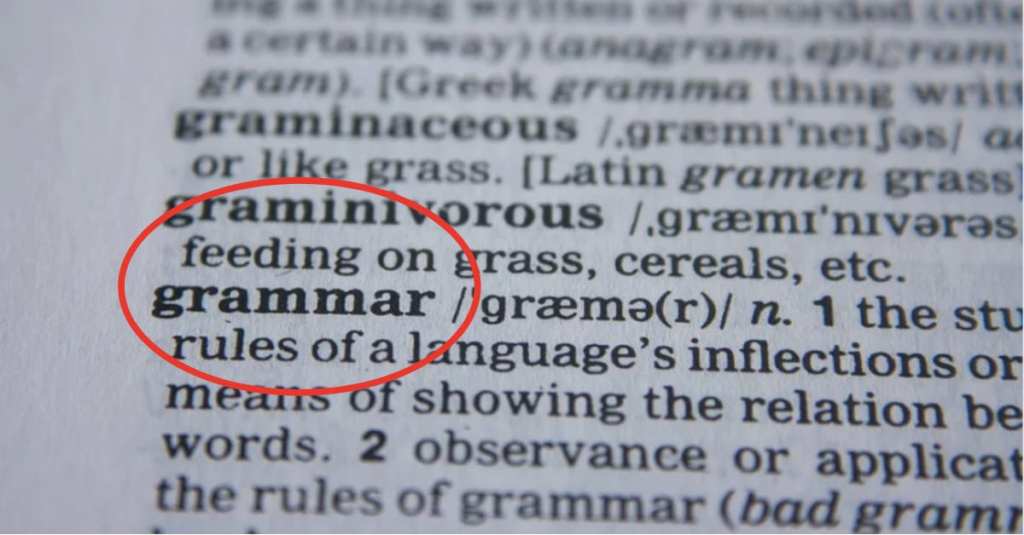I love language and proper grammar as much as the next person, but here the thing – it’s always changing.
What was right and proper when you were taught, or the last time you checked, might have been updated in this brave new world of ours (double-spacing after a period and the Oxford comma are two great examples!), so it never hurts to double check.
Here are 4 more “rules” that it’s now more than acceptable for you to go ahead and break.
4. They is a singular pronoun.
Officially, ‘they’ is a plural pronoun and must have a plural antecedent, but here’s the rub: if you don’t know whether your subject identifies as a he or she, what should you do instead?
While a generic ‘he’ would have been chosen in the 19th century, and later the cumbersome ‘he or she’ was favored, the fact is that ‘they’ is just easier (and more politically correct).
Authors as far back as Shakespeare and Jane Austen have used ‘they’ in conjunction with singular antecedents, and really, no one even notices because it just sounds right. So go ahead and join them.
3. Go ahead and split those infinitives.
The rule says that nothing should go between the word “to” and its verb – you shouldn’t say “to boldly go,” for example – but there’s no real reason why it was ever frowned upon.
In fact, famous authors have been eschewing this rule for centuries and honestly, we’re all okay.
2. Start your sentences with “hopefully…”
Hopefully is supposed to be used to mean “in a hopeful manner, so saying something like “Hopefully, the bus will be here soon” doesn’t work, because buses can’t do things in a hopeful manner. The correct wording is “It is hoped that the bus will get here soon.
The thing is, there are plenty of other adverbs that can modify entire sentences without causing a stir (Unbelievably, sadly, clearly), so what’s the deal?
People still quibble about it, but the AP stylebook threw in the towel on this one awhile back.
1. Put prepositions at the ends of your sentences.
This one will drive my mother batty, but listen – sometimes there’s no way to move your preposition to the middle of the sentence without sounding totally stilted and pretentious.
The “rule” originally cropped up in the 17th century when people were still trying to copy the linguistic “purity” of Latin. English and Latin are more dissimilar than they are alike, though, and while the rule had purpose in Latin, in English it’s completely arbitrary.
I, for one, feel liberated.
I’m never giving up the Oxford comma, though, and if you’d like I can email you my PowerPoint presentation that explains why.







